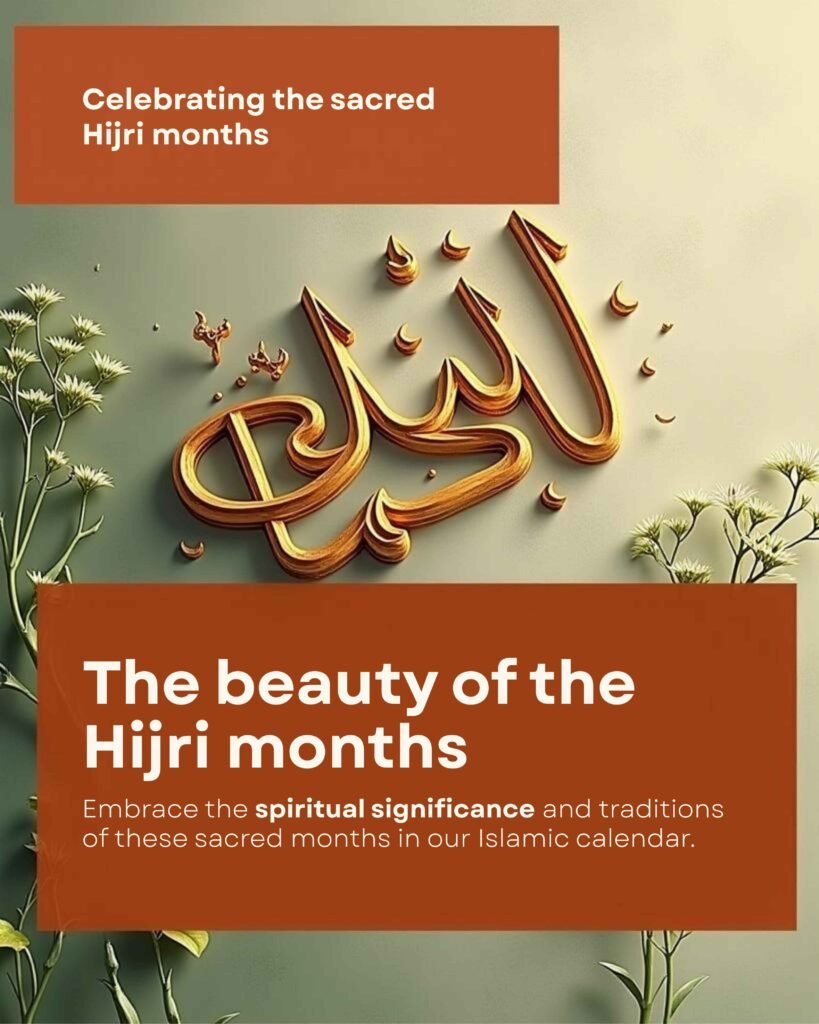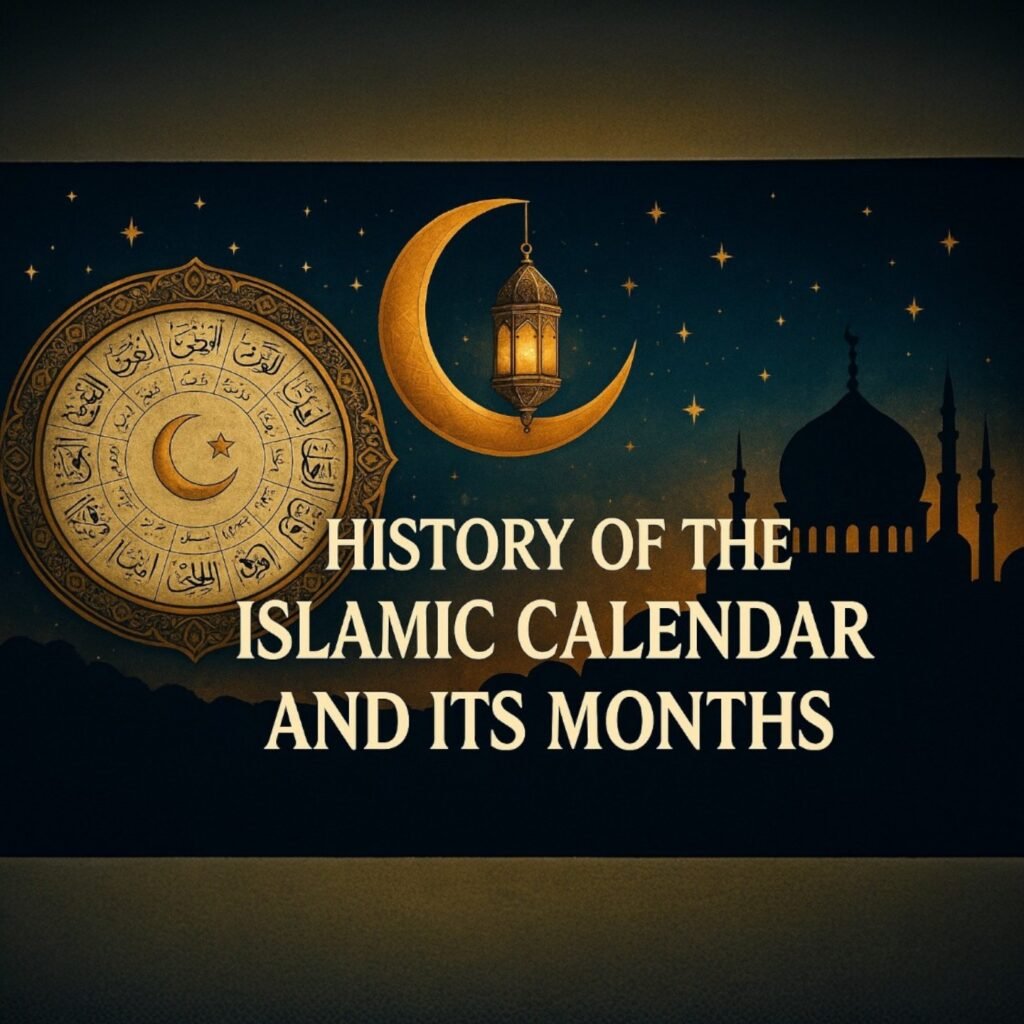7 Beautiful Signs of Strong Iman Every Muslim Should Reflect On
Signs of Strong Iman (Faith) in Islam: 7 Heartfelt Ways to Know Your Faith is Alive Introduction: In a world full of distractions and temptation, believers regularly ask: “How do I know if my faith is strong?” Knowing and recognizing the Signs of Strong Iman (faith) allows us to assess our connection with Allah ﷻ and to re-ignite the flame of belief in our hearts! Iman is so much more than acting out physical rituals, it’s about a heart vibrating with love, humility and submission to our Creator. The Quran and Sunnah provide decisive signs of strong Iman. This blog will take you through the practical signs, heart-moving stories, and soul uplifting duas that will allow you to build indestructible faith. Summary: Recognizing the Signs of Strong Iman supports self-awareness. The heart of a strong believer is full of love for Allah and His Prophet ﷺ. Maintaining patience during tests is a sign of strong faith. The Sunnah, dhikr and the good character of a believer contribute to his strength. The stories of the pious Sufi saints motivate us to live with deeper Iman. Key Features: 1. Love for Allah and His Messenger ﷺ Over Everything ElseThe Prophet Muhammad ﷺ also said: “None of you will have faith until he loves me more than his father, his children, and all mankind.” (Bukhari & Muslim) One indicator of strong Iman is that one prioritizes Allah and His Messenger ﷺ over all attachments in this world. A heart that loves Allah will adequately follow His commands with sincerity. 2. Patience and Thankfulness in All CircumstancesTesting is what trials do and coming out successful is what faith does. Allah ﷻ told us: “Indeed, Allah is with the patient.” (Quran 2:153) When difficulty arises, the believer with strong iman remains composed, and when ease arises, they remain thankful. A very balanced heart, and in every situation turning to Allah; instead of complaining. 3. Commitment to Worship and Good CharacterStrong Iman is demonstrated with regular Salah, Dhikr, and ethical overall conduct. In fact, the Prophet ﷺ taught us that the best of deeds are those undertaken regularly, even though they are small acts. A person with true Iman exemplifies good character, does not gossip and picks others up. Recognizing the Signs of Strong Iman: Consider a believer who rises for Fajr despite the cold, recites Qur’anic duas whilst walking through difficulties, and forgives those who have wronged them. They might not be a scholar, but their heart is alive with belief. Strong iman is not about perfection, it is about direction. The heart moves to Allah even after having made mistakes. Such a believer only wants to run back to Allah in repentance, finds joy in their worship of Allah, and finds comfort in the Quran. The righteous saints had realization of this deeply rooted in them. Sheikh Abdul Qadir Jilani (RA) stated: “The heart of a believer is like a lamp. If the oil of dhikr (remembrance of Allah) is strong, it can give light even on the darkest night.” Likewise, Khwaja Gareeb Nawaz (RA) taught that love and service to humanity is a measure of strong iman, as it exemplifies the Sunnah of the Prophet ﷺ. Khwaja Banda Nawaz (RA) of Deccan made impact on generations when he demonstrated that iman can increase through humility and tawakkul upon Allah. Even his gatherings would leave the attendees in tears as he described the sweetness of iman. Sign of a Strong Iman: Loving Allah more than the Dunya No longer committing sins even when alone Finding joy in Salah and the Quran Being humble and forgiving Showing compassion to family and total strangers Having great trust in Allah’s plans Finding tears when thinking about Allah Arabic Dua for Strong Iman: اللّهُمَّ اجعل الإيمان أحب إلي من نفسي وأهلي والمالِ العَافي “O Allah, make faith more beloved to me than myself, my family, and unpolluted money.” Conclusion: Strengthening one’s Iman is a continuous task for a lifetime. When we acknowledge the Signs of Strong Iman, and develop those signs by utilizing and building the foundation of the Quran, Sunnah and dua, we form hearts that stay firm through trials. Allah ﷻ states: “Indeed, those who have believed and done righteous deeds – the Most Merciful will appoint for them affection.” (Quran 19:96) May Allah ﷻ have our hearts bursting of Iman and our lives showcasing the beauty of Islam. You May Also Like These Spiritual Reads: 🌙 Powerful Morning Duas for Barakah and Peace 📿 Benefits of Reading Surah Al-Kahf on Friday 🌐 Connect with Us on Social Media Follow for daily inspiration, Islamic reminders, and soulful recitations. Stay connected with our global spiritual family. FAQs Frequently Asked Questions 1. What are the most apparent Signs of a Strong Iman? To love Allah and His Messenger ﷺ more than all else, consistency in salah, to exercise patience in trial, and to have good character. 2. What are some ways I can strengthen my iman on a daily basis? Reciting the Quran, dhikr (remembrance of Allah), seeking knowledge, and being in the company of good people. 3. Do trials indicate that my iman is weak? No. Trials are a test and if you stay patient through them, they can strengthen your iman. 4. Can a person who commits sins still have strong iman? Yes, as long as they are sincerely repentant and are trying to obey Allah. 5. Is dhikr important for having strong iman? Yes, constant remembrance of Allah brings the heart to life and strengthens Iman. All Posts English Blogging 7 Beautiful Signs of Strong Iman Every Muslim Should Reflect On July 30, 2025/No Comments Signs of Strong Iman (Faith) in Islam: 7 Heartfelt Ways to Know Your Faith is Alive Introduction: In a world… Read More 7 Powerful Morning Duas July 26, 2025/No Comments 7 Powerful Morning Duas for Barakah and Inner Peace(From Quran & Sunnah) Introduction: Mornings are more than the start of… Read More 7 Life-Changing Benefits of Reading Surah
7 Beautiful Signs of Strong Iman Every Muslim Should Reflect On Read More »










